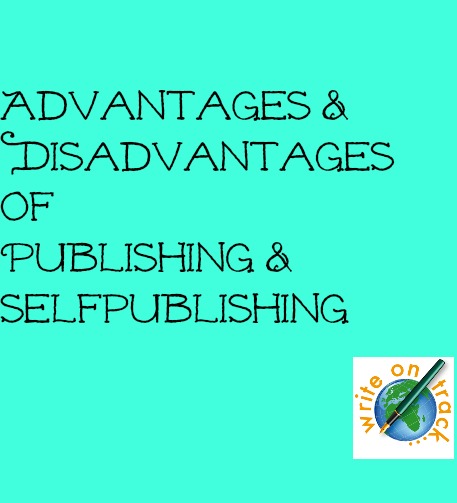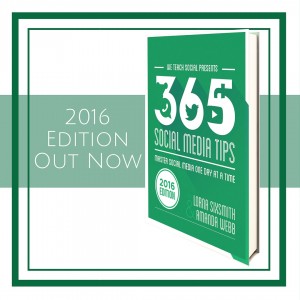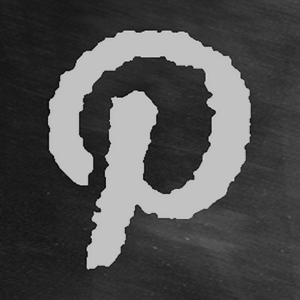 If you are a writer, it is probably your dream to secure a publishing deal but while you are waiting for the right publisher and you feel your book is as good as it possibly can be, maybe self publishing your book is the answer. You may be happy to remain as a self publisher or you may see it as a possible route to securing a publishing dea. In this article, I’m going to compare the advantages and disadvantages of going the self publishing route with that of traditional publishing. I self published a year ago and wrote a recent update on sales to date.
If you are a writer, it is probably your dream to secure a publishing deal but while you are waiting for the right publisher and you feel your book is as good as it possibly can be, maybe self publishing your book is the answer. You may be happy to remain as a self publisher or you may see it as a possible route to securing a publishing dea. In this article, I’m going to compare the advantages and disadvantages of going the self publishing route with that of traditional publishing. I self published a year ago and wrote a recent update on sales to date.
Advantages of Traditional Publishing
1. The publisher takes care of the editing, the formatting, the cover design, the production of the book and sometimes they will help with the launch and press coverage too.
2. The publisher bears the cost of the production of the book, some publishers may pay for a launch or will help with the organising of it.
3. As Derbhile of Write Words mentions, having a book gives you and your book kudos and credibility.
4. You may receive an advance which could be very handy!
5. It is likely your book will be in most bookshops within weeks of the launch, you don’t have to worry about distribution or even how many to print. This suggests you will sell more books than if you were self published.
6. Your publisher is experienced with marketing of printed books and ebooks which should stand your book in good stead.
7. There’s a much higher chance of your book being reviewed in the weekend newspapers.
8. Your books should be in the bookshops within weeks and having a publisher makes it easier to secure book signings. If you want to get into the bestseller lists (and who doesn’t), having a publisher behind you will maximise the chances of this as they know exactly what to do to try and make it happen. They may also help you to secure press coverage although this doesn’t happen for all authors.
Disadvantages of Traditional Publishing
1. It may not be as lucrative as you think. I had always presumed that authors got 10% of the retail price but it is 10% of the wholesale price. My book sells for €12.95 of which the wholesaler takes 55%. If I was traditionally published, I would get 65c for every copy sold. Less than that if my book is included in a 3 for 2 offer in the bookshops. Unless the book becomes a bestseller, you are still going to need the day job.
2. It can seem like it takes a long time, often at least six months after you submit your manuscript before it is ready for the book shelves. That doesn’t include the length of time spent waiting to secure a publisher.
3. Publishers don’t necessarily pay for the launch so you may have to foot the bill for that yourself and they may insist on a launch.
4. You don’t have control over your own work. You aren’t free to create bundles with other writers, for example, something that Paul O’Brien mentioned at the Wexford Literary festival last week.
5. It takes at least 6 months to receive payments and to receive reports on sales to date.
Advantages of Self Publishing
1. You have complete control over your book, that may be daunting for some but means that you are free to take any opportunities that come along.
2. You will make better margins on each sale, for example, I make €3 on each book sold in a bookshop and €7 for each one from my website.
3. Although you have to wait 3 months to be paid by the wholesalers (Easons and Argosy), they do pay monthly on sales after that. It’s much easier to keep track of sales and feel ‘in the know’. I have found Argosy to be very helpful in terms of letting me know the numbers each month (number of books sent to bookshops, not necessarily of books sold).
4. It may take more work but you can get your book into bookshops. As you are ‘closer’ to what is going on, you may be more inclined to actively seek press coverage.
5. You will make mistakes along the way, it is a huge learning curve, but you will learn from them for the next book.
6. It feels more purposeful than waiting for a publisher and if you can sell 2000 units of your self published book, it may be a quicker route to traditional publishing if that is what you want.
Disadvantages of Self Publishing
1. This may not be a disadvantage for some but many writers find it difficult. You are going to have to market and distribute your own book, you have to treat your book like a business product to sell and you have to put yourself and your book out there – with press coverage and on social media. Having said that, publishers want their authors to have a social media following one (I know of authors who had their books turned down because of its absence and had to wait another year until they had built up a following) so if self publishing makes you get out there and blog, tweet, pin and set up a facebook page, it will stand you in good stead should you wish to go down the self publishing route in the future.
2. You do have to invest money in self publishing. If your talents include graphic design, you will be able to format it yourself and design the book cover but if not, it is worth investing in the book cover design at least. Don’t skimp on an editor either – do hire an editor for your book. Most self publishers publish their books as ebooks and as print on demand but people still expect to see books on shelves. Some self publishers order printed books from Amazon’s Create Space for their local bookshops and this can be a good way to try it out too (make sure you order them at cost price by visiting your own dashboard though). Printing your book is a huge investment but can be worth it. If you print 500 or a 1000 copies, you will need a website to sell the book from so you will also have to invest in a website. Running a crowdfunding campaign can be a way to raise finance (and test the market too) but you do need to have a good social media following first.
3. You have to work at it to gain credibility. Self publishing is still looked down upon in some circles as it doesn’t carry the stamp of approval from a publisher. Therefore, your book needs to be as professional as you can make it and you need to get it out there. Prove it is a great book with sales, reviews, radio interviews and local press coverage if you can.
I would really recommend getting to know other authors. It’s not a competition, you are all in the same boat, just writing different genres for different target audiences. Apart from having others to bounce ideas with or ask for feedback or just share stories, I’ve found that supporting each other has helped each of us get press coverage, just to give one example. One author provided me with a contact for a TV programme (having a direct contact makes such a different) and I secured a TV interview. I just heard that another author, whom I had provided with a contact for a national radio show, is being interviewed on Monday morning. You can’t beat networking and friendship amongst people in a similar field.
What other disadvantages or advantages of publishing or self publishing have I missed? I’d love to hear your thoughts and your experiences.








